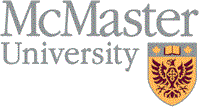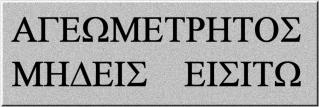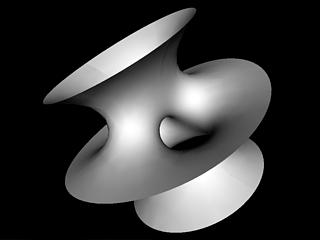


Here is the description in the
undergraduate calendar: Minkowski space,
Lorentz metric, Maxwell's equations, General
Relativity, geodesics, curvature, black hole
geometries and other selected topics.
Course Objective:
To learn the basic geometrical ideas developed over the
centuries in the quest to understand the physical world that
surrounds us. Students
are responsible for reading the relevant material from
the textbook and the reference books on their own (that's
known as experiential learning) in preparation for the
lectures. The five assignments, which are mainly
mathematical in nature form an integral part of the
course. Students will also be asked to do a presentation
(during the last 4 weeks) on material that is related to
the course chosen and approved by the instructor
RECOMMENDED TEXT
BOOK: "An Introduction to General
Relativity" by L.P. Hughston and K.P. Tod, Cambridge
University Press.
Reference
Book (fun to read): "The
Road to Reality", a complete
guide to the laws of the universe by
Sir Roger Penrose, Vintage Books (2005).
Another fun book to read: "Flatterland" by Ian Stewart,
which is a modern sequel to the classic Victorian book "Flatland"
by Edwin Abbott Abbott (no typo!)
If you prefer "older books" (like me), then here are three books that I read in the 70's when I was a student in Germany:
Of course,
there are a lot of newer books available. R. Wald, B. Schutz, J.
Hartle and S. Carroll come to my mind. I have read Wald and
Schultz but not Carroll's recent book (I can't afford it, too
expensive for me!)
Schedule of Topics (tentative)
You are expected to exhibit honesty
and use ethical behaviour in all aspects of the learning process.
Academic credentials you earn are rooted in principles of honesty
and academic integrity. Academic dishonesty is to knowingly act or
fail to act in a way that results or could result in unearned
academic credit or advantage. This behaviour can result in serious
consequences, e.g. the grade of zero on an assignment, loss of
credit with a notation on the transcript (notation reads: “Grade
of F assigned for academic dishonesty”), and/or suspension or
expulsion from the university. It is your responsibility to
understand what constitutes academic dishonesty. For information
on the various types of academic dishonesty please refer to the
Academic Integrity Policy, located at http://www.mcmaster.ca/academicintegrity
The following illustrates only three
forms of academic dishonesty:
1. Plagiarism,
e.g. the submission of work that is not one’s own or for which
other credit has been
obtained.
2. Improper
collaboration
in group work.
3. Copying
or
using unauthorized aids in tests and examinations.
When using the MSAF, also report your
absence to me (the course instructor M. Min-Oo) within
2 working days by email (minoo@mcmaster.ca) and
contact me in person to learn what relief may be
granted for the work you have missed, and relevant
details such as revised deadlines, or time and
location of a make-up exam. Please note that the MSAF
may not be used for term work worth 30% or more, nor
can it be used for the final examination. Please refer
to http://registrar.mcmaster.ca/CALENDAR/2013-14/pg2246.html
for the exact rules
Calculators:
Only the
standard McMaster calculator Casio fx 991MS+ can be used for
the tests and the final examination.
Important
Notice:
The
instructor
and the university reserve the right to modify or revise
information contained in this course during the term. The
university may change the dates and deadlines for any or all
courses in extreme circumstances. If either type of
modification or revision becomes necessary, reasonable notice
and communication with the students will be given with
explanation and the opportunity to comment on changes. It is
the responsibility of the student to check their McMaster
email and course websites weekly during the term and to note
any changes.